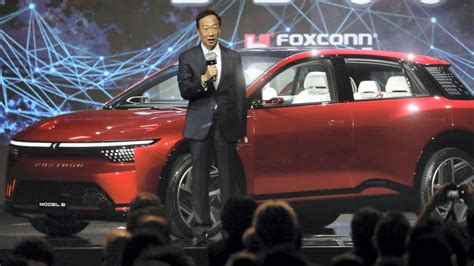In the world of technology, few companies have risen to prominence as quickly and dramatically as HTC. From its humble beginnings as a small Taiwanese manufacturer of notebook computers to its current status as a global leader in the field of smartphones, HTC's story is one of innovation, perseverance, and strategic risk-taking.
Founded in 1997 by Cher Wang and Peter Chou, HTC (High Tech Computer Corporation) began its life as a white-label manufacturer of mobile devices for other companies. However, it wasn't long before the company's leaders realized that the key to success lay in creating its own branded products. In 2006, HTC released its first smartphone, the HTC TyTN, which quickly gained a loyal following among tech enthusiasts.

Early Success and Strategic Partnerships
HTC's early success can be attributed to its strategic partnerships with major carriers and technology companies. In 2008, the company partnered with Google to release the first Android smartphone, the HTC Dream (also known as the T-Mobile G1). This move not only helped establish HTC as a major player in the smartphone market but also cemented its relationship with Google, which would go on to become a crucial partner in the company's future endeavors.

Innovative Designs and Features
Throughout the 2010s, HTC continued to innovate and push the boundaries of smartphone design. The company's flagship devices, such as the HTC One series, were known for their sleek and durable construction, as well as their advanced features, such as high-quality cameras and robust audio capabilities.
One of the most notable examples of HTC's innovative designs is the HTC One (M7), which was released in 2013. This device featured a unique aluminum unibody construction, as well as a groundbreaking camera system that used a technology called "Ultrapixel" to capture high-quality images in low-light conditions.

Virtual Reality and Beyond
In recent years, HTC has expanded its focus beyond smartphones to include virtual reality (VR) technology. The company's Vive VR headset, which was released in 2016, has been widely praised for its advanced features and immersive gaming experiences.
HTC's foray into VR has also led to the development of new technologies, such as the Vive Pro, which offers advanced features like higher resolution displays and improved tracking systems.

Challenges and Opportunities
Despite its many successes, HTC has faced numerous challenges in recent years, including increased competition from other smartphone manufacturers and declining sales.
However, the company remains committed to innovation and has continued to invest in new technologies, such as artificial intelligence (AI) and the Internet of Things (IoT).
As the technology landscape continues to evolve, HTC is well-positioned to capitalize on emerging trends and opportunities. With its strong brand recognition, innovative products, and strategic partnerships, the company is poised to remain a major player in the tech industry for years to come.
Gallery of HTC Devices






What is HTC's most popular smartphone?
+HTC's most popular smartphone is the HTC One (M7), which was released in 2013.
What is HTC's virtual reality platform?
+HTC's virtual reality platform is called Vive.
What is HTC's current market position?
+HTC is currently a major player in the global smartphone market, although its market share has declined in recent years.
As we conclude our exploration of HTC's rise to global prominence, it's clear that the company's commitment to innovation and strategic risk-taking has been the key to its success. With its strong brand recognition, innovative products, and strategic partnerships, HTC is well-positioned to remain a major player in the tech industry for years to come.
